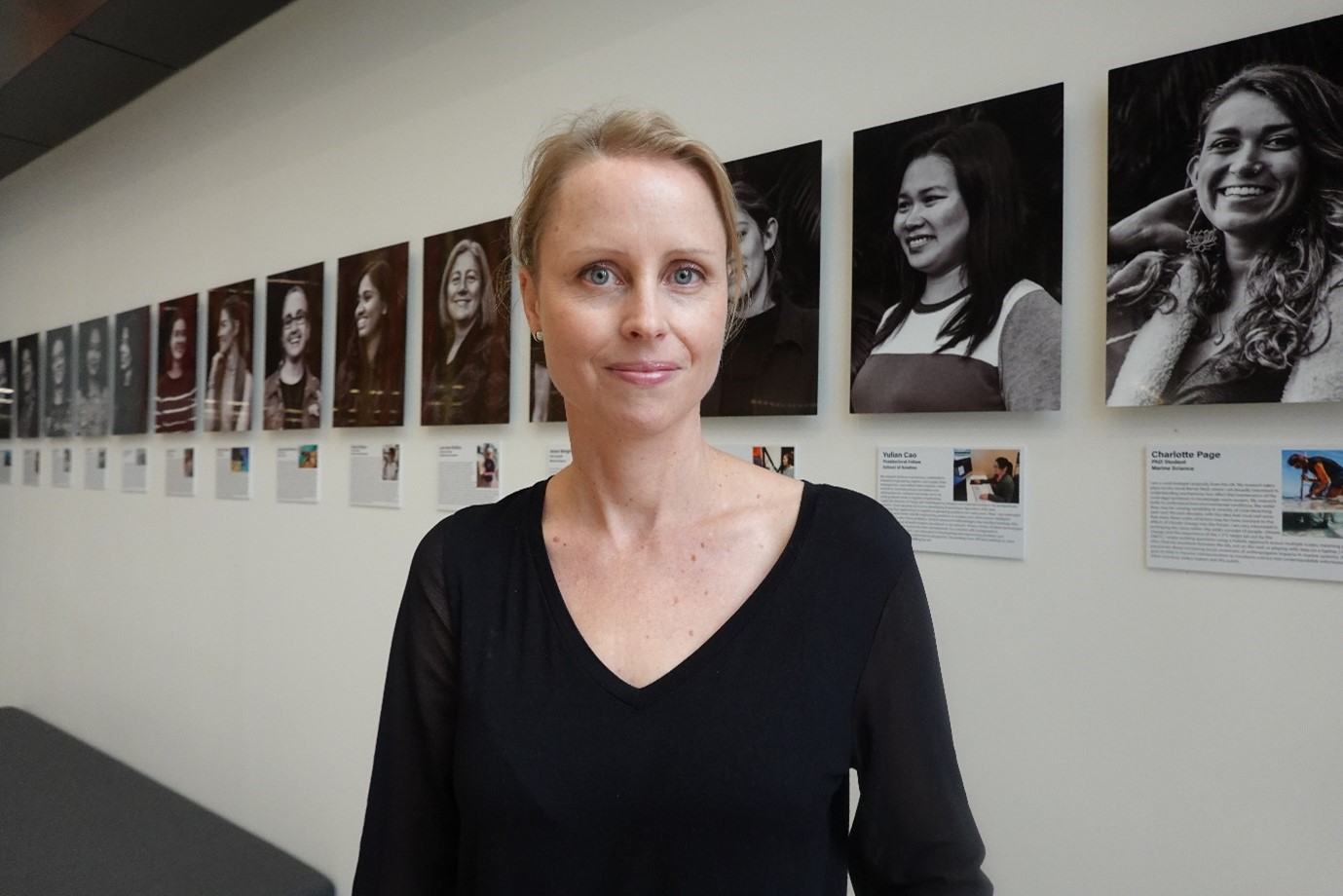By Divya Shah
Frances is a Senior Lecturer and cancer researcher aiming to identify new drugs that can selectively kill cancer cells by disrupting their metabolism. She is an advocate for equality, diversity and inclusivity in science, acting as co-chair of the Executive Committee for the Women in Research Network at UNSW. Frances is passionate about science communication and believes firmly in the importance of training the next generation of scientists.
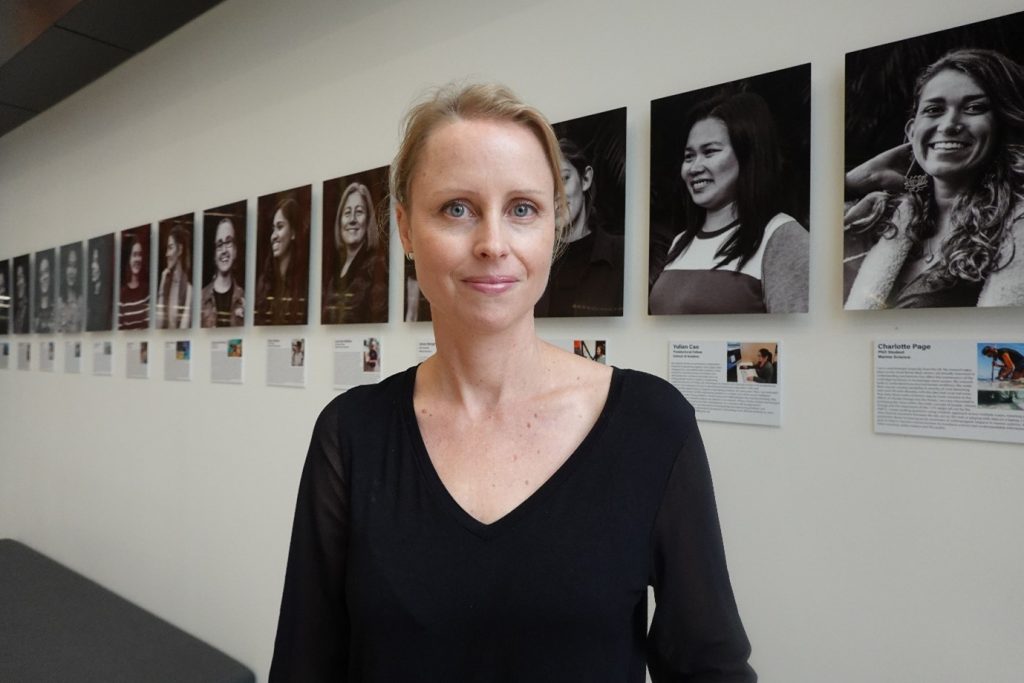
Frances’ research is focused on developing new drugs to target cancer metabolism and investigating how diet and obesity contribute to cancer development. Cancer cells metabolise nutrients differently to healthy cells – with deregulated cellular metabolism now considered one of the core hallmarks of cancer. Frances’ research leverages this fact and has focused on developing drugs which target the unique metabolism of cancer cells. Frances and her team are working towards the goal of developing targeted chemotherapeutic agents that kill cancer cells without affecting normal healthy cells. Many of the adverse side effects associated with traditional chemotherapy are a product of the fact that these drugs are non-selective and cytotoxic to most cells in the body, including healthy cells needed for normal functioning.
Targeted chemotherapeutic agents – such as those that Frances and her team hope to identify – would ideally minimise adverse side effects and thereby improve quality of life for patients. Additionally, in targeting metabolism, these molecules may not only kill existing cancer cells but could stop them from replicating, proliferating and spreading to other parts of the body. Excitingly, some of the small molecules Frances and her collaborators are working on have never been synthesised before – this not only means that the team is making novel findings but that if the molecules are found to be effective that they could be patented!
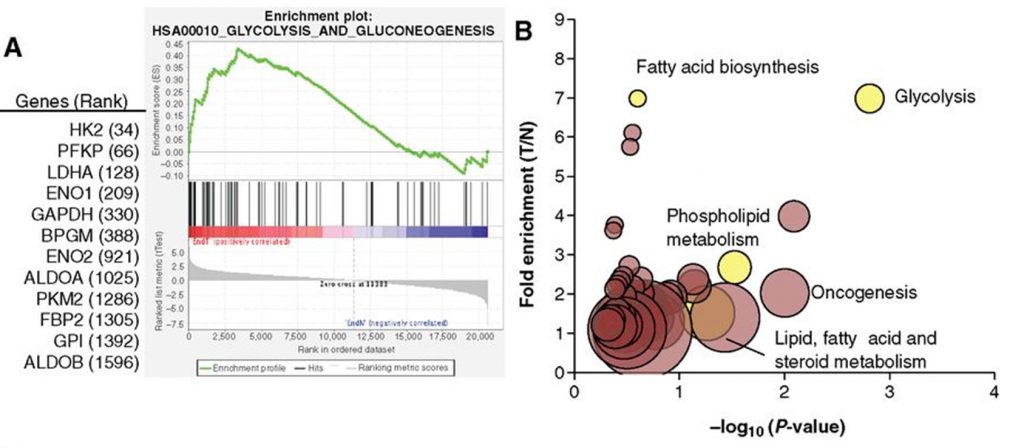
Frances grew up on the beautiful Fleurieu Peninsula in Adelaide and spent most of her time in and around the ocean. This love of the ocean and its inhabitants drew her to the world of marine biology. Frances also enjoyed high school biology, and this led to a keen interest in topics such as genetics. A career counsellor suggested biotechnology might provide more career options, and so Frances ended up completing a Bachelor of Biotechnology at Flinders University. She then went on to complete honours at GroPep, an Australian biotech company. Frances worked at GroPep for a few years before moving to Sydney in 2005 to start her career as a cancer researcher under the mentorship of Prof Maria Kavallaris at the Children’s Cancer Institute. Frances has been a cancer researcher ever since but often still dreams about being a marine biologist and loves to spend her free time travelling to new places, swimming and teaching her daughter about the ocean.
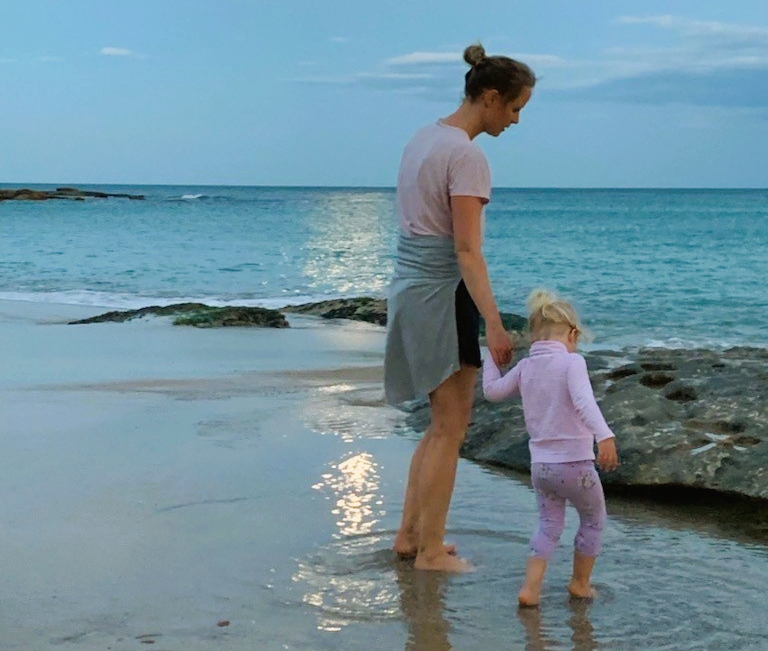
A typical day for Frances involves writing/reading emails, chairing or attending meetings, and planning projects and experiments with students or collaborators. Followed by lots more writing and reading – preparing manuscripts, oral presentations, grants and fellowships. Frances points out that this is not at all what she expected her typical day to look like when she started out on this career path – “As an undergraduate I didn’t like writing and hated public speaking (I was completely terrified!) and now I do those things all the time”.
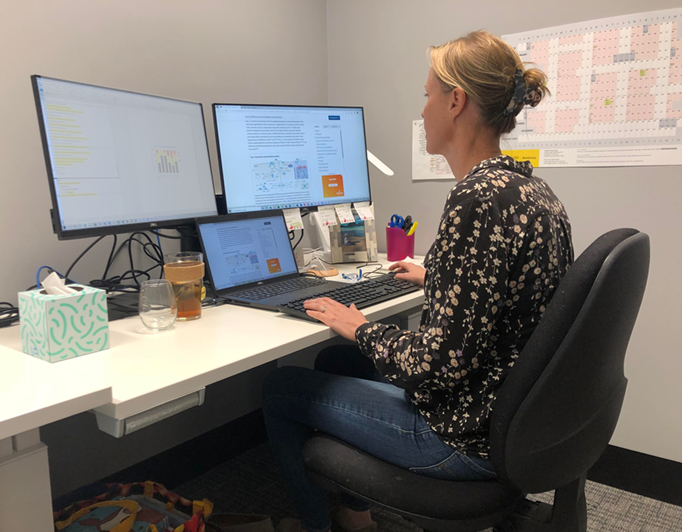
Frances highlights that “A researcher’s career is like being on a rollercoaster. One moment you are over the moon because you have exciting new data, a paper got published, your student gave a great talk, or you got a grant! The next minute it can feel like you’re failing…your paper got rejected for the third time, your grant wasn’t funded, or the experiment you wanted so badly to work didn’t.” Frances notes that “over time you build a thicker skin” but also emphasises the importance of support networks and getting advice from peers and mentors on how to deal with the ups and downs.
Despite the ups and downs, Frances says there is a lot to look forward to – so far in her career she is most proud of the fact that she has her own lab and is leading a team of scientists, including honours and PhD students. Outside of the lab, Frances is passionate about ensuring all women (cis and trans) are treated fairly and have equal opportunities in the workplace. As Co-chair of the Executive Committee for the Women in Research Network, Frances aims to support women that are new to UNSW, particularly early- and mid-career researchers who feel that they don’t have support or know what opportunities exist for them as they progress in their careers.
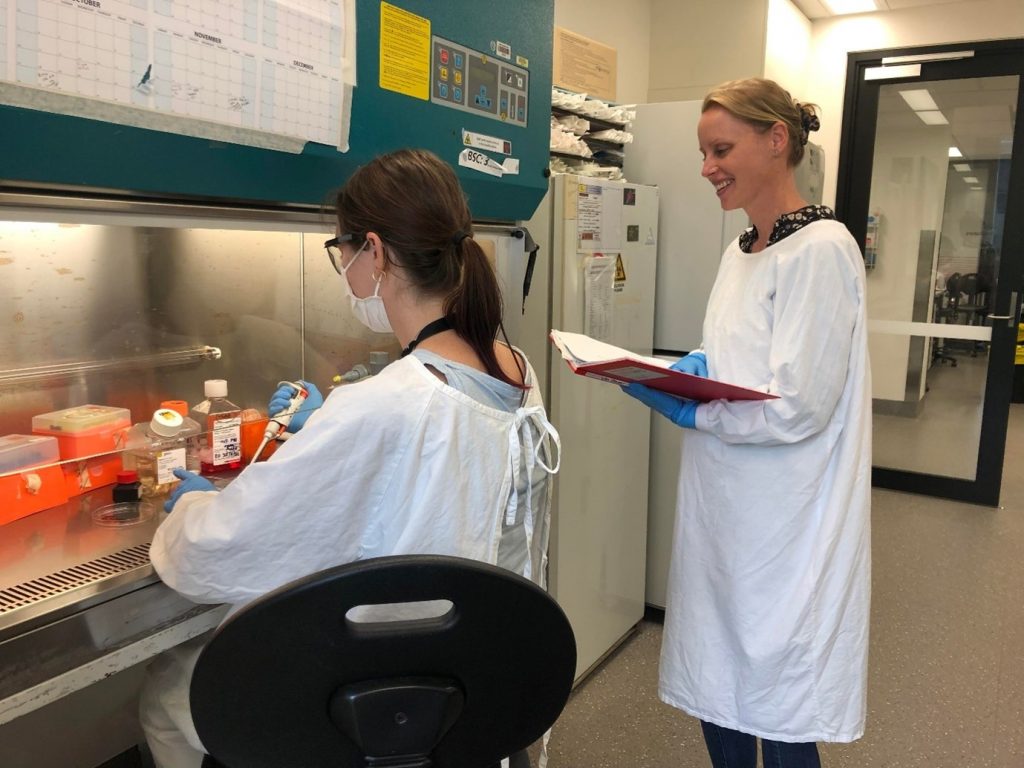
Her advice for women interested in pursuing a career in STEM:
“Follow what excites you! The topics you are interested in or problems you want to solve in the world will help keep you motivated when times get tough.”
Frances hopes that every woman who is passionate about science has access to quality education and equal opportunities (and funding!) to chase their dreams. Follow her @franceslbyrne on Twitter or check out her Linkedin.

